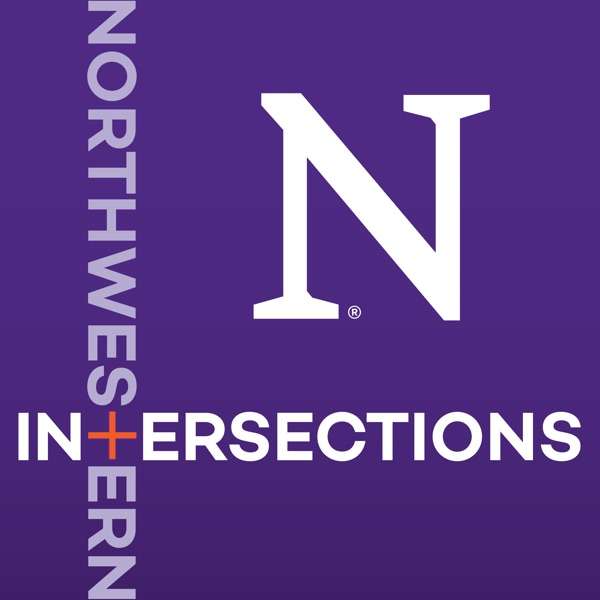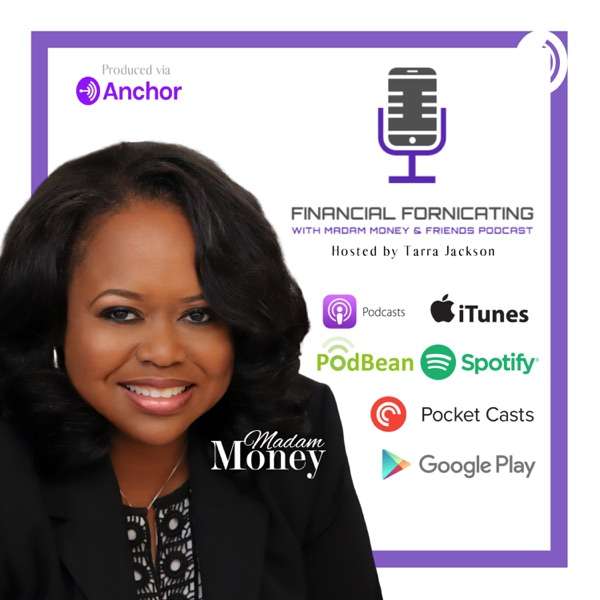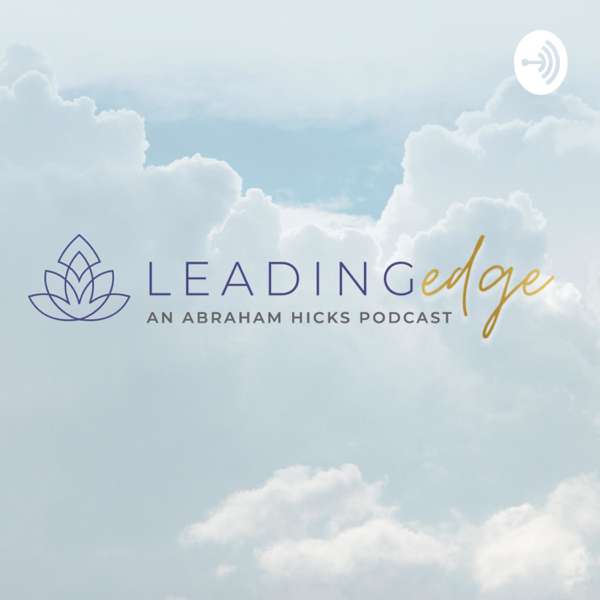On this season of How to Keep Time, co-hosts Becca Rashid and Ian Bogost explore our relationship with time and how to reclaim it. Why is it so important to be productive? Why can it feel like there’s never enough time in a day? Why are so many of us conditioned to believe that being more productive makes us better people?
Produced by Becca Rashid. Co-hosted by Becca Rashid and Ian Bogost. Editing by Jocelyn Frank. Fact-check by Ena Alvarado. Engineering by Rob Smerciak. The executive producer of Audio is Claudine Ebeid; the managing editor of Audio is Andrea Valdez.
Write to us at howtopodcast@theatlantic.com.
- Home
- Top Charts
- Top Networks
- Top Apps
- Top Independents
- Top Podfluencers
- Top Picks
- Top Business Podcasts
- Top True Crime Podcasts
- Top Finance Podcasts
- Top Comedy Podcasts
- Top Music Podcasts
- Top Womens Podcasts
- Top Kids Podcasts
- Top Sports Podcasts
- Top News Podcasts
- Top Tech Podcasts
- Top Crypto Podcasts
- Top Entrepreneurial Podcasts
- Top Fantasy Sports Podcasts
- Top Political Podcasts
- Top Science Podcasts
- Top Self Help Podcasts
- Top Sports Betting Podcasts
- Top Stocks Podcasts
- Podcast News
- About Us
- Podcast Advertising
- Contact

 Our TOPPODCAST Picks
Our TOPPODCAST Picks  Stay Connected
Stay Connected







